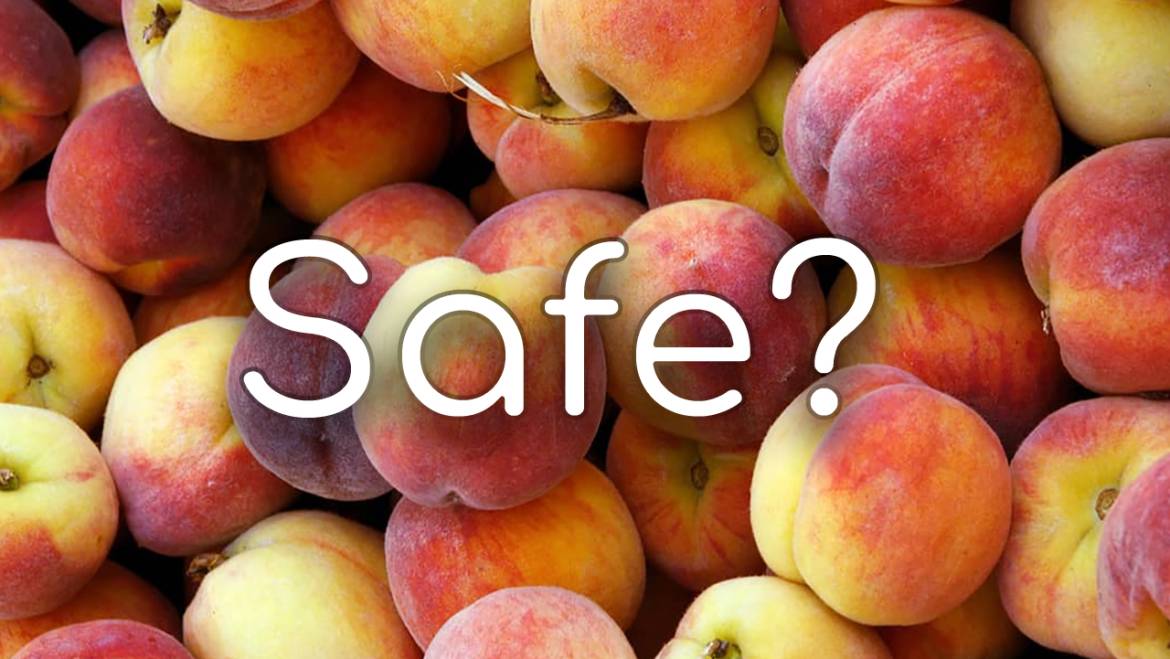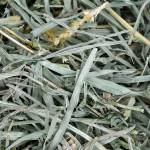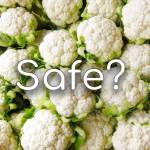Chinchillas are adorable and furry creatures that are known for their cute appearance, playful nature, and inquisitive behavior. They are herbivores and thrive on a diet that is rich in fiber, protein, and essential nutrients. However, when it comes to feeding chinchillas, it is important to be careful and selective with the type of food you provide them. One question that chinchilla owners often ask is whether or not their pets can eat peaches. In this article, we will explore the topic of peaches and chinchillas in detail and answer the question: can chinchillas eat peaches?
Can Chinchillas Eat Peaches?
Peaches are a delicious and juicy fruit that is rich in vitamins, minerals, and antioxidants. They are often considered a healthy snack for humans, but what about chinchillas? Can these furry creatures eat peaches without any harm? Let’s find out.
The Nutritional Content of Peaches
Before we answer the question of whether chinchillas can eat peaches or not, it is important to understand the nutritional content of this fruit. Peaches are rich in fiber, vitamins A, C, and E, potassium, and magnesium. They also contain small amounts of calcium, iron, and phosphorus. While peaches are undoubtedly nutritious for humans, their nutritional content may not be suitable for chinchillas.
The Digestive System of Chinchillas
Chinchillas have a unique digestive system that is designed to break down and extract nutrients from high-fiber foods. Their digestive tract is very sensitive and cannot handle foods that are high in sugar, fat, or carbohydrates. Chinchillas are prone to digestive issues such as diarrhea, bloating, and stomach upset, which can be caused by a poor diet.
Can Chinchillas Eat Peaches?
Now that we understand the nutritional content of peaches and the digestive system of chinchillas, we can answer the question of whether or not chinchillas can eat peaches. The short answer is yes, chinchillas can eat peaches, but only in moderation. Peaches are safe for chinchillas to consume, but they should not be a regular part of their diet.
Peaches contain a high amount of sugar and carbohydrates, which can cause digestive issues in chinchillas if consumed in excess. Overfeeding peaches to chinchillas can lead to obesity, dental problems, and other health issues. Therefore, it is important to limit the amount of peaches you give to your chinchilla.
How to Feed Peaches to Your Chinchilla
If you decide to feed your chinchilla peaches, there are a few things you should keep in mind. First, make sure that the peaches are ripe and fresh. Overripe or moldy peaches can cause digestive problems in chinchillas. Also, remove the pit and any seeds from the peach before feeding it to your chinchilla. The pit and seeds contain cyanide, which is toxic to chinchillas and can cause serious health problems.
It is recommended to feed peaches to chinchillas as an occasional treat. You can feed your chinchilla a small piece of peach once or twice a week. Remember to monitor your chinchilla’s behavior and health after feeding them peaches. If you notice any signs of digestive problems, such as diarrhea or bloating, stop feeding peaches to your chinchilla immediately.
Alternative Fruits for Chinchillas
If you are looking for alternative fruits to feed your chinchilla, there are several options that are safe and healthy for them. Chinchillas can eat a variety of fruits, including apples, bananas, grapes, and strawberries. These fruits are low in sugar and high in fiber, making them ideal for chinchillas. However, as with peaches, these fruits should be fed in moderation and as a treat rather than a regular part of their diet.
In addition to fruits, chinchillas require a diet that is high in hay and pellets. Timothy hay is an essential part of their diet as it provides the necessary fiber for their digestive system. Pellets should be specifically formulated for chinchillas and should not contain any added sugars or artificial preservatives.
In conclusion, chinchillas can eat peaches, but only in moderation. Peaches contain a high amount of sugar and carbohydrates, which can cause digestive issues if consumed in excess. It is important to limit the amount of peaches you give to your chinchilla and to monitor their behavior and health after feeding them. Additionally, it is important to provide your chinchilla with a diet that is high in hay and pellets and to avoid feeding them foods that are high in sugar, fat, or carbohydrates.
As with any aspect of chinchilla care, it is important to do your research and consult with a veterinarian or an experienced chinchilla owner before introducing new foods into your chinchilla’s diet. By following these guidelines and providing your chinchilla with a healthy and balanced diet, you can ensure that your furry friend remains happy and healthy for years to come.







